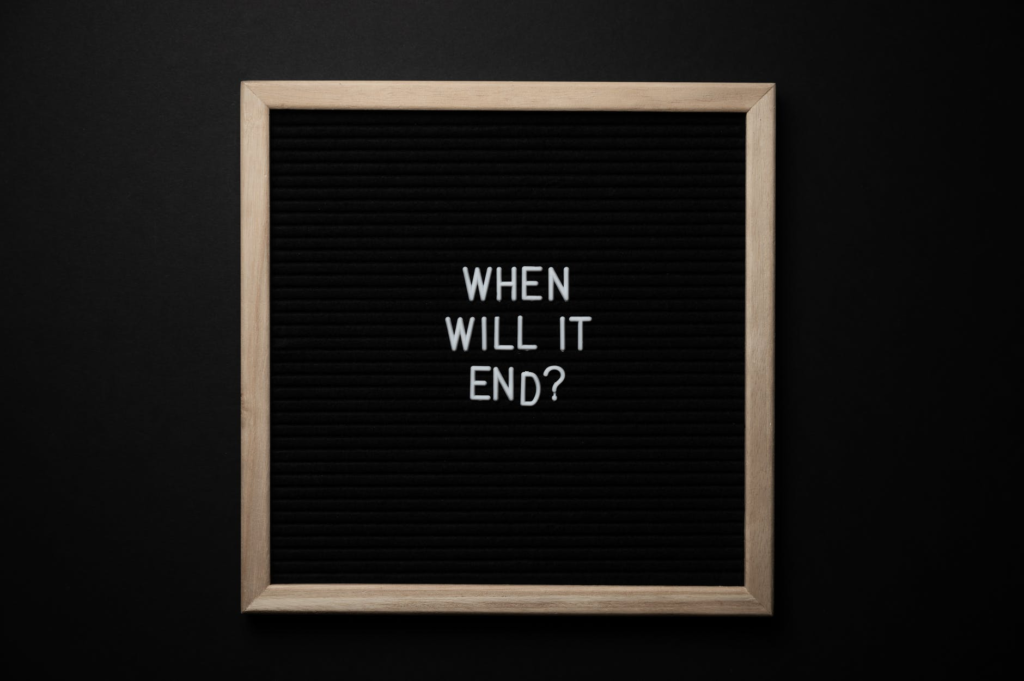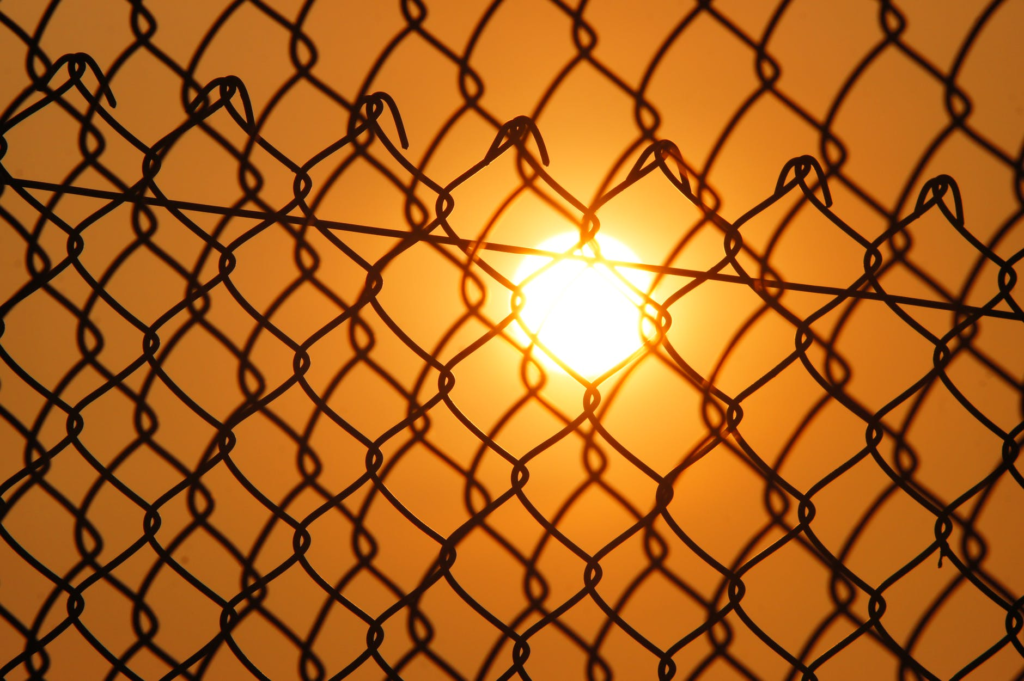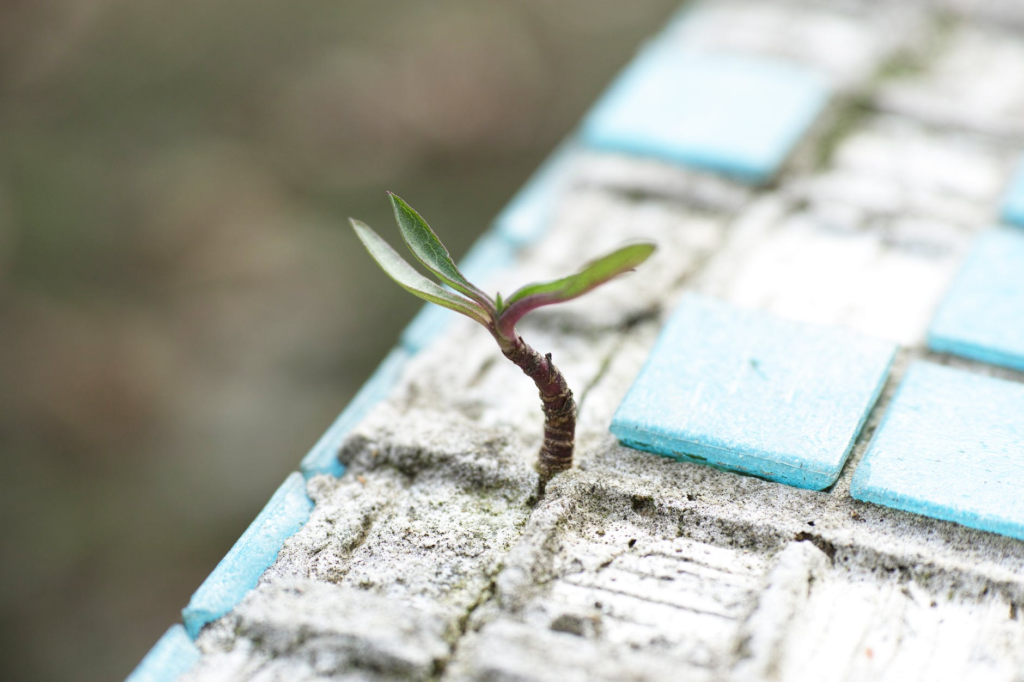Do you want to overcome the feeling of hopelessness? This therapist-approved article will give you the top strategies to overcome hopelessness and feel like yourself again.
Similar to the way we experience many emotions, we all have different subjective experiences of hopelessness. We also may have felt hopeless in different ways throughout the course of our lives. We may feel hopeless after not getting our dream job, trying to find the right partner, after the death of someone close to us, thinking about the political future, ruminating on climate change, after a fight with a partner, when our kids seem to never listen to us, or thoughts of hopelessness could pop into our heads seemingly randomly.
No matter how hopelessness manifests in our lives, we must take it seriously. For our health, we are obligated to acknowledge the feeling of hopelessness, process it, let it go, and make changes in our lives to try to manage the severity of hopelessness we experience in the future.
These steps can be thought of as the following: acknowledge, process, release, and action. Let’s start with defining hopelessness.
Are you feeling hopeless in your current situation? Click here to reach out to one of our therapists for support.
Defining Hopelessness
Definition of Hopeless from Merriam Webster:
- having no expectation of good or success (despairing)
- not susceptible to remedy or cure
- incapable of redemption or improvement
- giving no reason to expect good or success, giving no ground for hope (desperate)
- incapable of solution, management, or accomplishment (impossible)
I think we all know what it’s like to feel hopeless, but I think for many of us it has manifested differently throughout our lives. Feeling hopeless is not a pathology (something chronically wrong or diagnosable) by itself. Therefore, hopelessness can occur without mental illnesses, such as depression or anxiety. However, feeling hopeless can be a major component of depression and other mental illnesses.

How Depression and Hopelessness Interact
Are you worried you may be depressed? Depression is one of the primary (and most common) diagnoses that can feed into hopelessness, and hopelessness can feed into depression. In severe cases, feelings of hopelessness can lead to wanting to end one’s life.
The following are signs that you may be dealing with a diagnosable mental health struggle. Remember, a proper diagnosis can only be given by a mental health professional, so I would recommend that if you are seeing two or more of the below seek an expert’s opinion.
Signs of Depression:
- Depressed mood
- Loss of interest or pleasure
- Significant weight loss or weight gain
- Significant decrease or increase in appetite
- Moving less or feeling frozen
- Fatigue or less energy
- Feeling guilty
- Feeling worthless
- Not being able to concentrate
- Indecisiveness
- Thoughts of death*
- The urge to commit suicide*
- Plan to commit suicide*
*Note: if you have thoughts of death and/or a plan to commit suicide, immediately call the National Suicide Hotline at 800-273-8255, 911, or go to your nearest emergency room.
Additional Read: Am I Depressed or Lazy? Differences You Need To Know
You may want to consider getting a diagnosis, seeking treatment, and potentially taking medication to help manage chronic depression or mental illness. I have seen in some clients that having help biochemically through medication can help lift up feelings of depression, making it much easier to work on hopelessness as a general feeling hanging over them through therapy and behavioral changes.
If you are exhibiting signs of depression, you may want to reach out for help from a professional. Click here to book an initial evaluation with one of our clinicians.

Why Do I Feel Hopeless?
I think that sometimes hopelessness can occur as a feeling that nothing will change in reaction to a problem that has not been resolved.
For example, trying to find a job can feel like an uphill battle. Between submitting resumes, marketing yourself, finding the right jobs, applying again and again, and doing a series of first interviews, it can feel like the cycle never ends. If you have been trying to apply to jobs for months, you may begin to lose hope. Eventually the idea of getting a job feels so overwhelming that you may feel paralyzed by hopelessness.
In situations such as these, when there’s a feeling of paralysis because a problem has not been resolved, gaining a sense of empowerment could come through making an actionable plan to intervene in your situation.
What to do when you feel hopeless about a problem
If you’re feeling hopeless because a problem doesn’t seem to resolve try the following steps:
Re-approach the problem:
-
- How did the problem begin?
- How did the problem get to where it is?
- Are there fears getting in the way of accomplishing your goal?
Give yourself a reality check.
-
- Instead of blaming others or the situation, think of where your actions contribute to a feeling of stagnation.
- What have you been doing to undermine your own cause?
- Are you missing tools or skills to help improve your situation?
Think of actionable steps to improve your situation.
-
- Could reaching out to others or reaching out for support help you?
- How can you feel healthier, mentally and physically?
- What is one thing you can do each day to improve your position in solving the problem?
- Allow yourself to think outside of the box and brainstorm.
- Set up a structure for yourself to get moving on the problem. Do not give in to feelings of paralysis or stagnation.

Learned Helplessness: Experiment with Dogs in a Cage
There was a series of famous psychological experiments done by psychologist Martin Seligman in 1967 at the University of Pennsylvania involving dogs and learned helplessness. 200 dogs were shocked randomly in a cage, causing them to be taught that they couldn’t escape. When shocks occur without a pattern, it is the fastest way to convince experiment subjects (animals or humans) that they can’t escape.
When the dogs were shocked randomly, 192 of the 200 stayed in the cage. Experimenters called the eight dogs “psychotically optimistic” because they wouldn’t stop trying to get out of a cage. Only eight out of the 200 show how powerful learned helplessness can become.
How does this relate to humans? PET scans have shown that the prefrontal cortex doesn’t work as effectively in people with depression versus people who are not experiencing depression.
The prefrontal cortex relates to making rational decisions, thinking through tough problems, and coming up with solutions to problems. So if we are stuck in the dog cage of our problems, and it feels like no matter what we do we fail to change our situation, our prefrontal cortex can shut down and we experience learned helplessness.
Additional Read: How to Cultivate Resilience in Trying Times

Learned Helplessness
A close cousin of hopelessness can often manifest as helplessness, which can then manifest as learned helplessness. The experiment above showing the results of teaching dogs that they couldn’t escape a cage is a behavioral example of learned helplessness.
Hopelessness and depression can lead to learned helplessness. Learned helplessness can go hand in hand with hopelessness. Hopelessness can be characterized by feeling bleak about situations in one’s life. Helplessness comes into play when a person feels they can do nothing to change the situation, and that no outside source will change it.
Most of us get tricked into feeling like we are stuck in bad situations forever when we are in a situation that genuinely has no solution. We often feel as though we just have to accept the pain and continue to suffer in the situation. This is learned helplessness.
However, there is a real advantage to working on resolving problems, because in the future it may become resolvable. Even small steps to build strength, cultivate resilience, and find resources to help tackle the situation you feel stuck in can help free you of feelings of helplessness and hopelessness.
Case example in abusive relationships:
A place where learned helplessness can manifest is in chronically abusive relationships. The partner who is being abused can begin to feel like nothing will change no matter how much they try to change their partner or improve the relationship dynamic. Eventually the abuse victim can feel so helpless that they stay in the relationship for the foreseeable future. Abuse victims can suffer in silence for years.
A major takeaway from feeling constantly helpless is that there is almost always something you can do to improve the situation you are in, even if the things you do can’t fully resolve the situation. You can take steps to improve the situation over time, and with each positive step forward, you can learn to overcome feelings of helplessness.

Systemic Oppression and Helplessness
One example of learned helplessness can be the numerous systems of oppression in society. My take on learned helplessness is not to argue that every problem is solvable by the oppressed without holding the oppressor accountable. However, there are things we can do to feel more hopeful, even with century-long oppressive systems pushing us down.
To approach feeling helpless within systemic oppression, start by being realistic about what the problem is. Accept what the problem is. This process could be difficult and limiting. It’s not about ignoring problems, such as saying racism doesn’t exist. Systemic oppression is absolutely real.
Here is an example of pushing through learned helplessness in a chronically ill client:
Chronically ill clients are sometimes told by others statements such as “push through”, “don’t worry”, “it’s going to get better”, and/or “keep trying.” Sometimes these statements are really counterproductive advice. We don’t want to ignore the reality of a situation. We don’t want to ignore people’s pain.
If you’re in a cage and the whole cage is being shocked, teaching someone to run around all the time might exhaust them and make them feel worse. In this case, think if it is the whole cage where you’re being shocked, or just the one square? Then we can make a change and decide where to put our energy.
Tap your foot in other spaces in the cage to see if it’s any better. This process is not about ignoring systemic issues, but acknowledging them. A question to ask yourself is within this oppressive structure, how can we still be as healthy as possible? We can give ourselves permission to be human or hurting, without having to feel extra shame or guilt.

Feeling Hopeless in Life
Sometimes hopelessness doesn’t come from a singular problem; it can feel like an overwhelming flood of emotions that permeates your entire life. People can feel so hopeless that everything from their bigger issues in their lives (major relationships, jobs, children, spirituality, health) to smaller day-to-day struggles (taking out the garbage, checking emails, getting work tasks done, confronting people, taking a shower) can feel similarly hopeless to the bigger issues.
If you feel hopeless about many things in your life, you may be dealing with something more on the spectrum of mental health struggles. Sometimes the seed of hopelessness can be fed by situations that feel out of our control and hopelessness can spread to many of our domains in life. This can feel constricting because the low motivation to approach our life problems can snowball upon itself.
Low motivation to approach and tackle problems can cause more problems, and the cycle continues. Refer to the section in this article addressing depression and hopelessness to see if you could be dealing with a mental health issue.
Consider the following if you are feeling hopeless often about multiple things in your life:
History of feeling hopeless
-
- Can you recall the turning point for you when hopelessness began to take over?
- There may be an event that triggered this period for you. Explore.
- Think of the event/events that lead to this feeling. What did you lose?
Think of the priorities in your life:
-
-
- What do you think would help you most to address first to reduce your feeling of hopelessness? Is there a big, lingering problem in your life?
- On the other hand, are there smaller problems that can be quickly resolved that would help you feel more motivated to tackle the larger problems?
- What resources do you have around you (skills, people, opportunities) that can help you break the cycle of hopelessness?
-
Focus on taking care of yourself
Without the energy in your body to create the life you want, you will continue to feel hopeless.
-
- What activities/ways you take care of yourself help you gain energy and feel the momentum?
- How can you incorporate these activities into your daily, weekly life?
- Set up a plan, goals, and rewards for helping you get to the place of approaching your problems with more energy.

Conclusion
- Hopelessness can be defined as the feeling that things won’t get better.
- It’s possible to fight hopelessness by acknowledging the problem, processing what led to the problem getting worse, and taking action steps to fight the problem.
- Hopelessness and depression can pair up with one another and feed into one another.
- If you experience hopelessness often, you may consider getting help by clicking here and seeing if you have a diagnosable mental illness.
- Long-term feelings of hopelessness can lead to learned helplessness, which can cause us to feel that no matter what we do, our situation will not improve.
- Learned helplessness can be approached creatively to improve your situation, not necessarily resolving it, but living within the situation with more freedom and hope.
- Feelings of hopelessness can bleed into everything in our life. When this happens, you should consider professional help to assist in breaking down your feelings of hopelessness and tackling them one by one.
- Sometimes hopelessness and helplessness can cause suicidal feelings. If you are feeling suicidal, call the National Suicide Hotline 800-273-8255, 911, or go to your nearest emergency room.
Must Read: Feeling Numb: Signs, Symptoms & Strategies
The big takeaway from feelings of hopelessness is that there is always something that can be done, no matter how hopeless you feel. Sometimes our brains trick us into believing that there’s nothing to do to make things better. Acknowledging that hopeless thinking and distancing yourself from it can be the first step to gain the energy to take action to improve your life.
What would you like to hear about from our therapists? What are you looking for guidance with? At Best Therapies, we are committed to trying to help as many people as we can, because folks need it, right now. Write to us, and we will use your thoughts for future blog posts. Be well.


